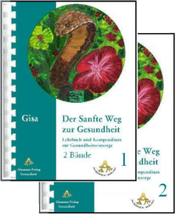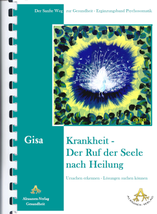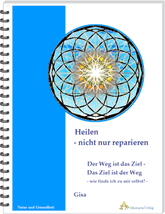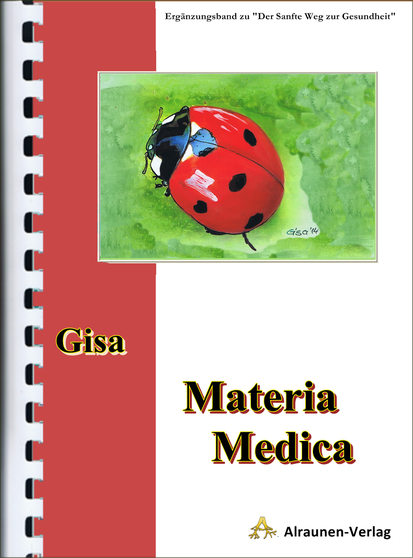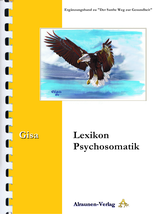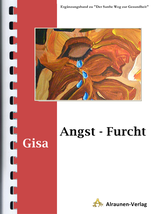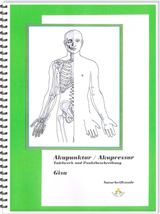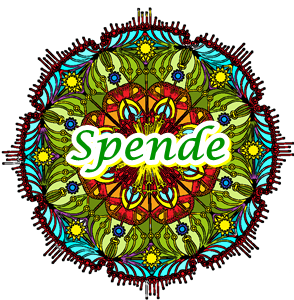Botanical name: Calluna vulgaris (L.) Hull.
Family: Ericaceae
Synonyms:
- Latin: Erica vulgaris L.;
- English: Heather, Scotch heather;
- Spanish: Brezocommun;
- French: Bruyerecommune;
- German: Gemeines Heidekraut.
Mind/emotions
Inner urge to be understood and find support; need for sympathy. Belief that one’s own problems are of great importance and that everybody should listen willingly. Failure to take into consideration the the needs and thoughts of the listener; perception that the listener’s own problems are unimportant or that there are none. Great loquacity and enjoyment at attention and support received. Inner need to share from received injustice or from having experienced misfortune, heart ache, or betrayal. Suppression of loquacity due to absence of adequate listening partner, yet internal Heather dynamic remains; attention-seeking behavior when there is a need for sympathy and belief in one’s importance; can be expressed through conversion disorder (hysterical neurosis, conversion type). Hypochondriasis and feigning of illness (cf. Chicory), with loquacity in regard to telling of symptoms. Nervous apprehension in regard to symptoms, with need for communication and reassurance. Obsessive fixation with certain topics. Loquacity from being overstimulated, hurried, or nervous.
- MIND – ANXIETY
- MIND – ANXIETY – health; about
- MIND – COMPANY – desire for
- MIND – EGOTISM
- MIND – FEAR
- MIND – FEAR – health
- MIND – INTERFERENCE – self; by talking of
- MIND – LOQUACITY
- MIND – PITIES herself
- MIND – POSSESSIVENESS
- MIND – WEEPING
- MIND – WEEPING – easily
Physical
Unconscious (psychosomatic) or conscious production of physical illness to enhance impact on listeners. Resistance in regard to treatment approaches, failure to respond to medicines, due to self-serving motivation behind the the symptoms. Agitated, overbearing demeanor.
- Any physical illness based on conversion disorder (or hysterical neurosis, conversion type)
- The negative Heather state can be a co-factor in many other psychosomatic diseases.
Compare
Chicory: Manipulative, attention-seeking behavior or production of symptoms (also Chestnut Bud, Willow, Vine); feels deserving of attention, wants to bind others closely.
Crab Apple: Hypochondriasis; anxious, despairing, obsessive preoccupation with personal problems or symptoms.
Mimulus: Careful monitoring of symptoms; anxious self-observation; hypochondriasis; feels inclined to share and find reassurance.
Willow: Needs to be understood, blames others, due to injustice received; gossiping; production of physical symptoms from resentment.
Agrimony: Loquacity from inner restlessness and disquiet, with attempt to assuage worries by means of verbal communication.
Vervain: Loquacity due to enthusiasm about one’s goals or principles, with the the intention to inspire or convert others; loquacity from being overstimulated and nervously excited.
Cherry Plum: Loquacity from impulsiveness and instability of the mind or from degenerative process; peculiar mental urges find an outlet, may be expressions of suppressed vital needs.
Homoeopathic Medicine and Heather
Lachesis muta: Cheerful loquacity, ecstasy, jesting; increased verbal flow after mental exertion; makes speeches; loquacity from aroused emotions such as suspicion, jealousy, hatred; (globus hystericus).
Argentum metallicum: Rapid loquacity, excessively merry; appears to talk of unimportant matter, concerned with minor trifles; hurried, restless mind; alternating moods, loquacity changes to taciturn sadness.
Cimicifuga racemosa: Extroverted and forceful; overly excitable, loquacity with jumping from subject to subject; frequent sighing; hysteria and changeable mood; (loquacity with rheumatic complaints).
Lachnanthes tinctoria: Irritability and sensory deprivation preceded by or alternating with great flow of words; exhilarated and overstimulated, brilliant eyes; overly engaged over trifles; may come on after suppressed anger; (stiff or wry neck).
Argentum nitricum: Nervous hypochondriasis, even wakes others in the night to talk of symptoms; talks of own suffering constantly, oriented toward single subject; nervous apprehension, needs reassurance.
Hepar sulphur: Overly excited and overwrought; self-centered focus on own suffering and refusal to listen to others; pleading and complaining over relatively minor causes; (very sensitive to pain).
Sabadilla (Asagraea officinalis): Hypochondriacal preoccupation with symptoms and imaginary diseases; inner urge to discuss symptomatic details with others, even wakes others in the night; anguish and agitation; hysterical manifestations after fright.
Nux vomica: Hypochondriacal loquacity, emphasis on own symptoms; greatly affected by minor ailments; reproaches others, fault-finding, executive-like style; nervously irritable.
Ammonium carbonicum: Complaining and prostration from trifles; yet, talking aggravates complaints; tendency to get excited when talking of the unfairness or unkindness received by others; prone to reveal the secrets of others; weepy and unreasonable.
Phosphorus: Talking from exuberance and enjoyment of social interaction; ecstasy, clairvoyance; flighty or superficial interaction; gives, but also expects sympathy; attention-seeking.
Natrum muriaticum: Pleasure in own talking, yet prolonged conversation in regard to social problems or personal symptomatology actually worsens own state; vulnerability, internal grief, aversion to consolation; (globus hystericus).
Cocculus indicus: Talks rapidly and almost exclusively of cares and worries; excessively overwrought mind and nervousness from loss of sleep, can be due to care of sick loved ones; worries about own health and the health of the patient.
